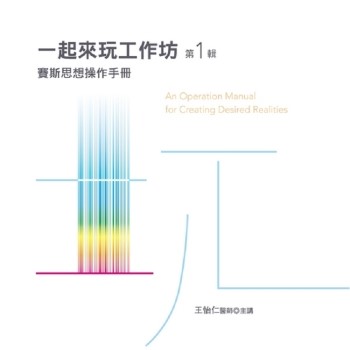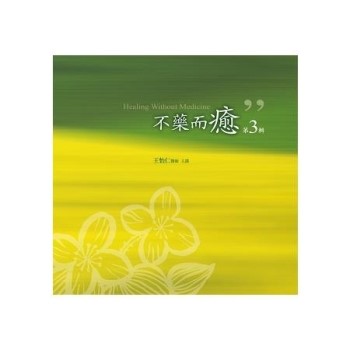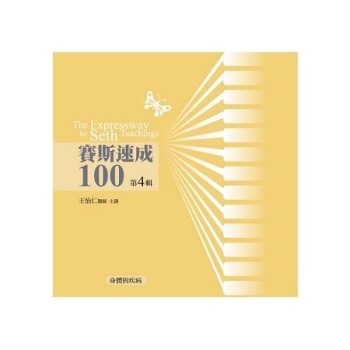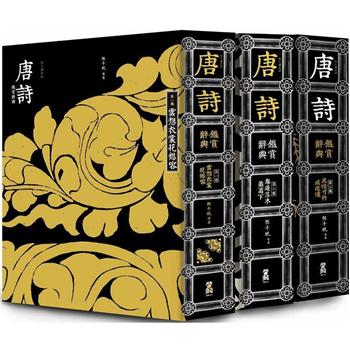Examining the interplay of religion, history, and literature through a case study of King Krsnadevaraya’s celebrated Telugu poem Āmuktamālyada, Ilanit Loewy Shacham showcases the groundbreaking worldview that this often-overlooked poem embodies. Krsnadevaraya (r.1509-1529) ruled over the Vijayanagara Empire during its heyday, and his monumental poem situates all power and authority not in the imperial center, but in the villages and temples at the empire’s outskirts; not in the royal court, but in a religious community - a worldview radically different from how literary and political histories portray the king and his empire.
Empire Inside Out explores the Āmuktamālyada as a reflection of one of South Asia’s most culturally complex periods, highlighting its rich religious, political, historical and ethnographic detail. Moreover, Loewy Shacham examines the Āmuktamālyada as the work of a king imparting personal insights on empire, kingship, and individuality - specifically, that it is possible to be unbounded by the institution of kingship that he himself embodies. This book demonstrates that Krsnadevaraya’s text connects the imperial domain to the village and temple settings, and to the south Indian community of Srivaisnava devotees-and indeed that it situates the source of authority and power not in the royal court but in the margins, where Srivaisnavism originated, giving the far Tamil south a central role in its imperial vision.
Employing close textual analysis of the Āmuktamālyada, supplemented by a rich corpus of texts in different languages and genres, Empire Inside Out illuminates a piece of literature that has been fairly neglected, owing to the particularized linguistic and literary training required. The core of the book is based in the historical context of sixteenth-century Vijayanagara, from which it moves to the various pasts that helped shape the Āmuktamālyada, and to our contemporary times and the use of the text in constructing (at times rewriting) history.
| FindBook |
|
有 1 項符合
loewy shacham的圖書 |
 |
$ 5940 | Empire Inside Out: Religion, Conquest, and Community in Kṛṣṇadevarāya’s Āmuktamālyada
作者:Loewy Shacham 出版社:Oxford University Press, USA 出版日期:2024-08-23 語言:英文 規格:精裝 / 264頁 / 24.05 x 16.31 x 2.16 cm / 普通級/ 初版  看圖書介紹 看圖書介紹
|
|
|
圖書介紹 - 資料來源:博客來 評分:
圖書名稱:Empire Inside Out: Religion, Conquest, and Community in Kṛṣṇadevarāya’s Āmuktamālyada
內容簡介
作者簡介
Ilanit Loewy Shacham is Associate Professor in the Department of East Asian Studies at Tel Aviv University. Her area of expertise is in classical and pre-modern south Asian literature, with an emphasis on poetry. She has published in numerous journals including the International Journal of Hindu Studies, The Journal of Hindu Studies, and The Indian Economic and Social History Review, and is a contributor to Sensitive Readings (University of California Press, 2022). She is also working on a collaborative project on the Telugu Mahabharata by Nannaya Bhatta (ca. eleventh century) with Harshita Mruthinti Kamath (Emory University).
|











